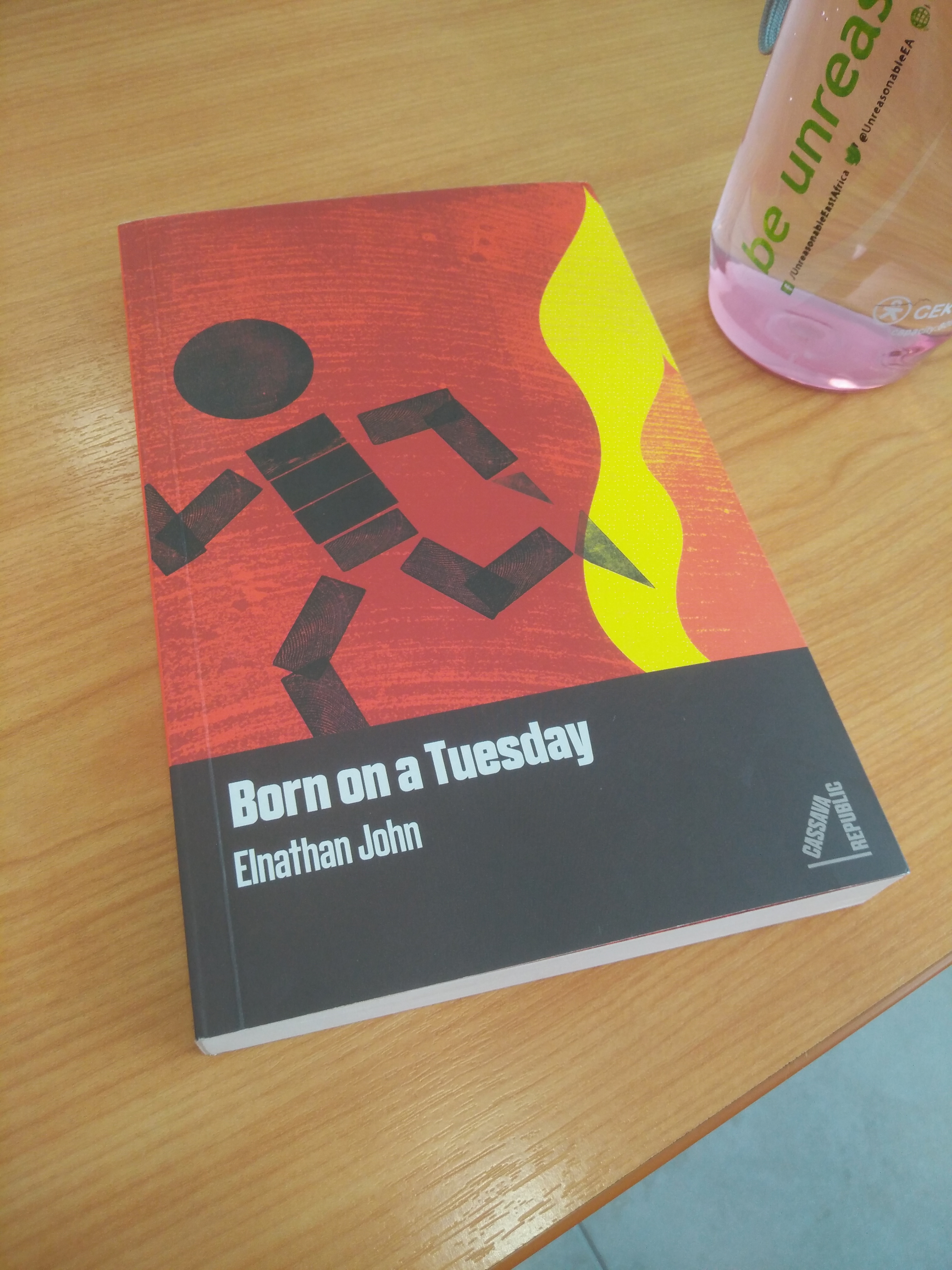Haruki Murakami Talks About Running: Book Review
I’m writing this post in my running clothes, after an exhausting 3km run in the neighbourhood, an attempt to jump-start my running after a post-Standard Chartered Marathon slump. And you got it right: I bought this book over the holidays, hoping Haruki would motivate me to start running again in a bid to meet my targets this year which are two half marathons a full marathon and a completely flat tummy, and my longer term dream to run a marathon in every continent before I’m 35.
Did What I talk About When I talk About Running motivate me to get back on the track? It did not, and I doubt any book will do that. What it did however is give me a lot of wisdom to achieving anything I want in life. Haruki Murakami, a Japanese Jazz club owner turned novelist writes extensively about writing and running in this easy read, and it is interesting how similar the two are.
He says to succeed as a novelist (and in any profession), the following three qualities are essential:
- Talent: he says “No matter how much enthusiasm and effort you put into writing, if you totally lack literally talent you can forget about being a novelist. This is more of a prerequisite than a necessary quality. If you don’t have any fuel, even the best car won’t run”.
- Focus: The ability to concentrate all your limited talents on whatever’s critical at the moment. Without this, you cannot accomplish anything of value. He says that effective focus can compensate for an erratic talent or even a shortage of it. This I believe is a problem with most of us. The fact that we can do many things and relatively do well at them means we rarely focus on one thing even for a moment. A big lesson for me. Haruki focuses on writing for three to four hours every morning. I am making it a habit to focus on my primary work for at least 3 hours every day, hopefully this will improve my output with time.
- Endurance: The ability to focus continually for a long period. Again, something that’s critical at work, and also in running a marathon.
Underlined quotes:
I’m struck by how, except when you’re young, you really need to prioritize in life, figuring out in what order you should divide up your time and energy. If you don’t get that sort of system by a certain age, you’ll lack focus and your life will be out of balance. (This made me panic a bit, because this is my 30th year, and by 30, we are expected to have life figured out)
But no matter how strong a will a person has, no matter how much he may hate to lose, if it’s an activity he doesn’t care for, he wont’ keep it up for long. Even if he did, it wouldn’t be good for him.
The most important thing we ever learn at school is the fact that the most important things can’t be learned at school.
If I used being busy as a n excuse not to run, I’d never run again. I have only a few reasons to keep on running and a truckload of them to quit. All I can do is keep those few reasons nicely polished. (A constant reminder. For anything worth doing, the reasons to quit are always more than the reasons to keep going).
No matter how slow I might run, I wasn’t about to walk. That was the rule. Break one of my rules once, and I’m bound to break many more (Isn’t this what we do on the regular, and for me when running? I’m guilty of shortening my route, walking despite a rule not to etc. And he is right. Once you break one rule, it gets easier to break others)
(His three goals for running) Reaching the finish line, never walking and enjoying the race.
And many many more!
This is a short easy read, I finished it in a day, and it is probably my most marked up book in recent times. A definite must read for runners and non runners. Great wisdom for living.
Sam Anderson of the New York Times interviewed Haruki, read the interview here.




3 Comments